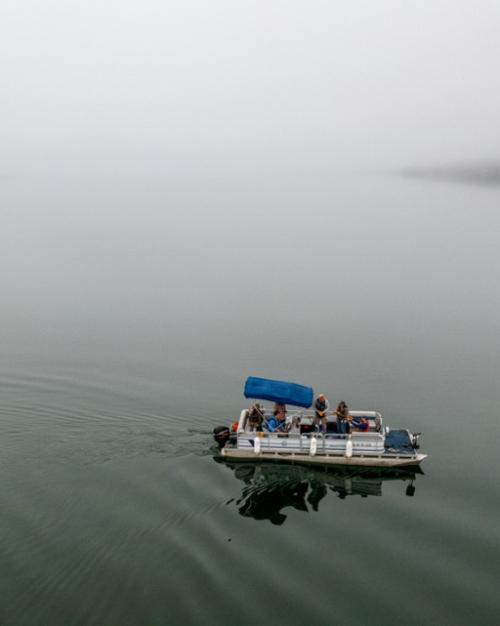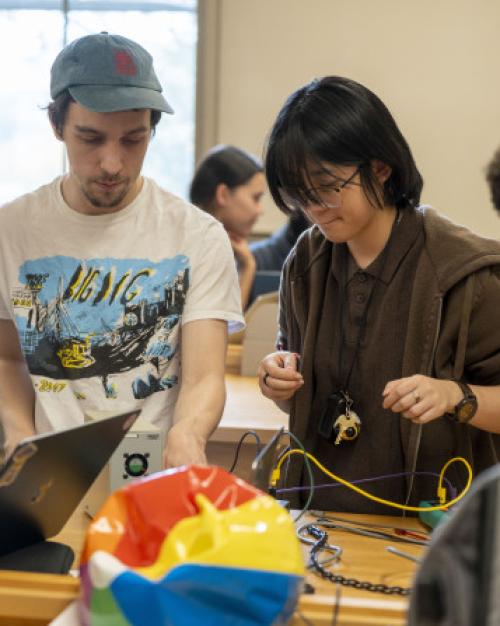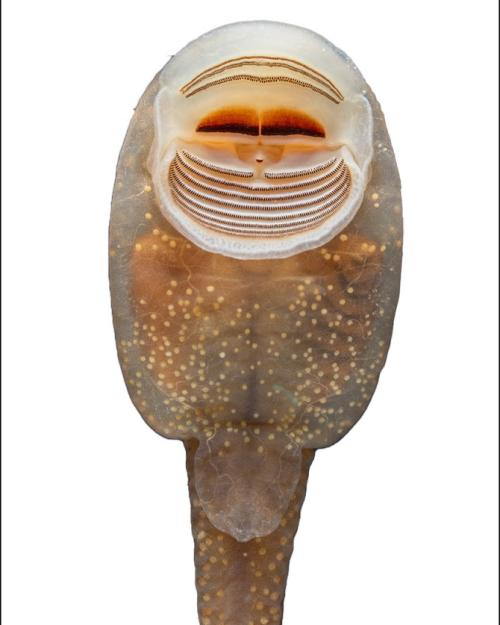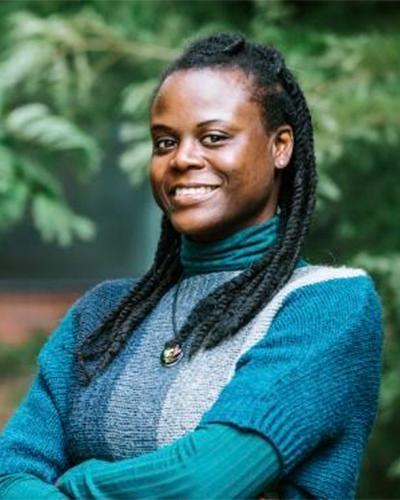Academic focus: Evolutionary ecology
Research summary: I am a behavioral and evolutionary ecologist who studies the evolution of rapid trait diversity and how diversity is maintained under environmental change. To do this my lab works mainly with fish and insects and uses a multidisciplinary approach to study five main research areas: 1) rapid evolution, 2) the interplay between natural and sexual selection, 3) warning color polymorphism, 4) urban ecology, and 5) the role of behavior in eco-evolutionary dynamics.
What do you like to do when you’re not working?
When not at work I am usually with my two amazing children or reading (sometimes combining the two). Making sure that I achieve a good work-life balance is a priority, and finding joy, both in and out of work, is very important to me.
What are three adjectives people might use to describe you?
I would hope most people around me would describe me as nice, driven and family-oriented.
What (specifically) brought you to Cornell CALS?
What drove my decision to come to Cornell was my belief in the strategic vision at Cornell, CALS and the Department of EEB. I believe this to be a safe and inclusive space that I can have increasing opportunities to build a strong and impactful research career while at the same time having a platform upon which to further launch shared goals of making all academic spaces open and accessible for all who wish to tread on that path.
What do you think is important for people to understand about your field?
Studying how and how fast organisms can adapt to environmental change is vital to our subsistence not only as a species but also the overall survival of our globe. It may be baffling for people when I tell them I am studying how environmental change affects sexual traits in a tropical fish or a palearctic moth in terms of understanding bigger picture queries. However, these experiments all combine to fill in pieces of a larger puzzle examining how the world works, and how species interact with themselves, others and with the environments they inhabit.
What’s the most surprising/interesting thing you’ve discovered about Cornell and/or Ithaca so far?
That the airport is so tiny (ha!). Seriously, we have loved discovering all the beautiful hikes and gorgeous waterfalls.
If you had unlimited grant funding, what major problem in your field would you want to solve?
I would provide research funds for collaborators and networks in typically underrepresented countries for large-scale global collaborations on climate change and climate change adjacent research and policy changes. The upcoming trends are alarming, and they will not be solved by one country or a few isolated ones. It will require coordination and widespread research into changing patterns by better involving local individuals into the work.
Learn more about Swanne’s research.
Academic focus: Eco-evolutionary dynamics
What do you like to do when you’re not working?
I used to be an avid birdwatcher, and now that I am in such a hotspot of ornithology, I am hoping to get back to it. I enjoy food and wine, so cooking and sharing a meal with good company are great ways to pass time for me. I have two wonderful kids, and I love spending time with them, whether it is discovering the world through their eyes or playing card and board games with them.
What are three adjectives people might use to describe you?
Enthusiastic, sociable, nerdy
What (specifically) brought you to Cornell CALS?
Cornell and CALS are a hub for amazing ecologists and evolutionary biologists using a variety of approaches, from mathematical to experimental. There is a great spirit of collaboration and drive to do integrative science. Above all, there is genuine collegiality and companionship, which makes work a real pleasure.
What do you think is important for people to understand about your field?
We still have a lot of ecology and evolution to learn at the fundamental level, and gaining this knowledge is essential to confront challenges like climate change or species invasions.
Why did you feel inspired to pursue a career in this field?
I always wanted to be a biologist, but in high school I also got to love math and wondered if I should study something more mathematical. When I realized that biology, and especially ecology, has an important mathematical component, I didn’t hesitate. Today, I love that my profession includes both chasing critters and doing some math.
What’s the most surprising/interesting thing you’ve discovered about Cornell and/or Ithaca so far?
I love that such a top-notch university is full of people who are so down to earth and humble. Outside Cornell, I am loving the dry white wines of the region.
If you had unlimited grant funding, what major problem in your field would you want to solve?
If I had unlimited funding, time and a better command of genomics, I would love to look for the genetic basis of traits that evolve rapidly and have large ecosystem effects. Then I would look for signatures of their evolution in populations subject to strong environmental change. I love the idea of tying eco-evolutionary theory with a better understanding of the mechanisms, both genetic and ecosystemic.





